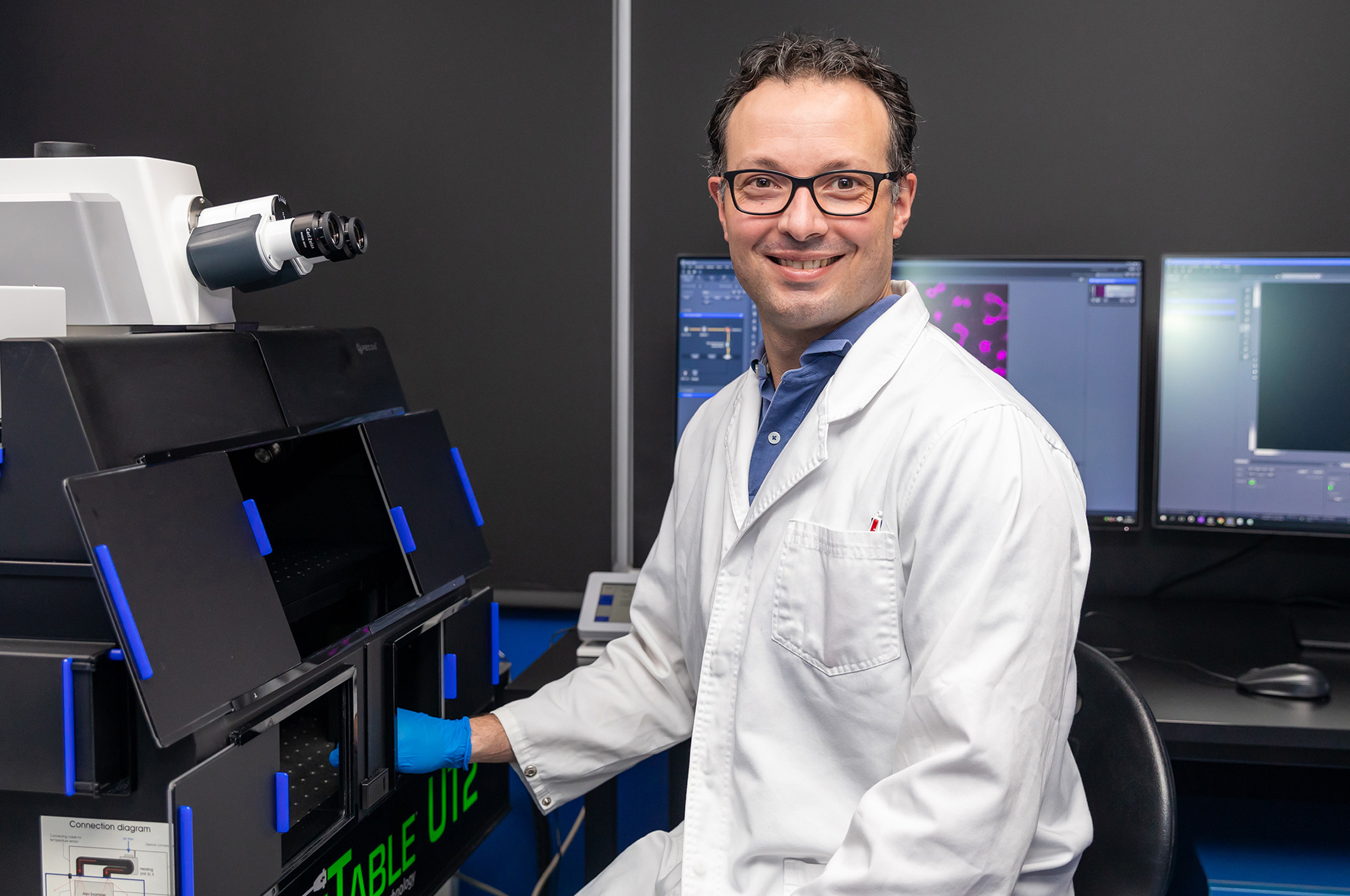Baker Department of Cardiovascular Research, Translation and Implementation facilities

The Baker Department of Cardiovascular Research, Translation and Implementation has world class research laboratories, primarily located at the Baker Heart and Diabetes Institute.
Our research is supported by state-of-the-art platform technologies in lipidomics, proteomics, single-cell profiling, genomics and bioinformatics.
Our facilities include:
The metabolomic profiling facility.allows us to systematically study the unique metabolite (small-molecule) fingerprints of biological systems. We have developed a high throughput lipidomics approach that enables the analysis of approximately 800 lipid species from over 35 lipid classes and subclasses.
The preclinical cardiology microsurgery and imaging platform is a highly specialised group of cardiac physiologists with expertise and access to state-of-the-art technologies at the Baker Institute.
The platform leverages the combined expertise of cardiologists and researchers to continually develop and deliver rigorous models of cardiac injury and disease for the evaluation of new interventions and the identification of novel therapeutic targets.
La Trobe’s proteomics and metabolomics platform offers a suite of capabilities for the characterisation of proteins and metabolites of interest to academic and industry researchers in the agricultural, health, life, molecular, pharmaceutical, population, and psychological sciences.
The platform enables the identification and quantitation of biomolecules, from complex mixtures through to metabolomics and small molecule structure determination.
The proteomics research platform develops and applies advanced proteomics methods to further our understanding of cardiac disease, pathways, targets and drug effects.
The platform provides infrastructure for the identification and quantification of proteins and their post-translational modifications (PTMs). This includes expertise in tissue, cell and secreted extraction, peptide separations, PTM enrichment strategies, multiplex labelling strategies and state-of-the-art sensitive mass spectrometry (MS) for discovery-driven experiments.
Our expertise extends to biofluid and blood-based proteomic profiling, tissue analyses (including low sample amount) and cell-secreted factors including extracellular vesicles.
The single-cell omics platform uses single-cell omic approaches to understand complex tissues in context of development and disease. Single-cell omic technologies used by the platform include single-cell and single-nuclear RNA-sequencing (scRNA-seq, snRNA-seq), single-cell assay for transposase-accessible chromatin sequencing (scATAC-seq) and high-dimensional flow cytometry.
